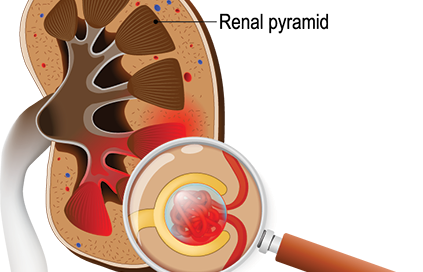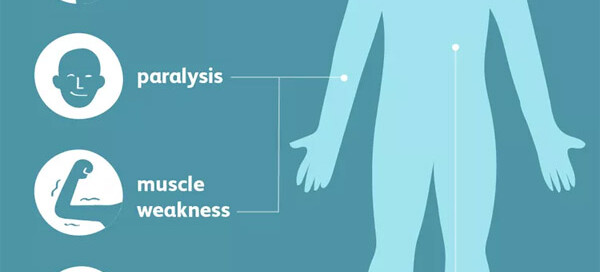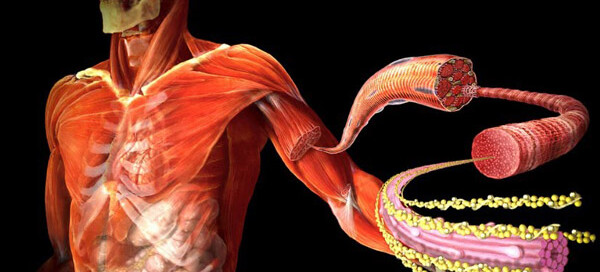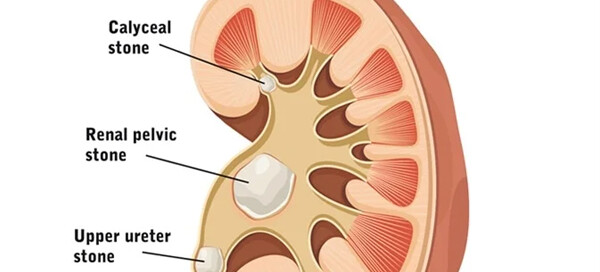Infection Associated Glomerulonephritis
Infection associated glomerulonephritis. Patient presents with Acute Kidney Injury (AKI) and active urine sediment in the context of a current or recent infection. Pathophysiology and Clinical Presentation Antigen antibody immune complexes form with the antigen from the infection and the antibody from the immune response. These immune complexes deposit in the glomeruli





